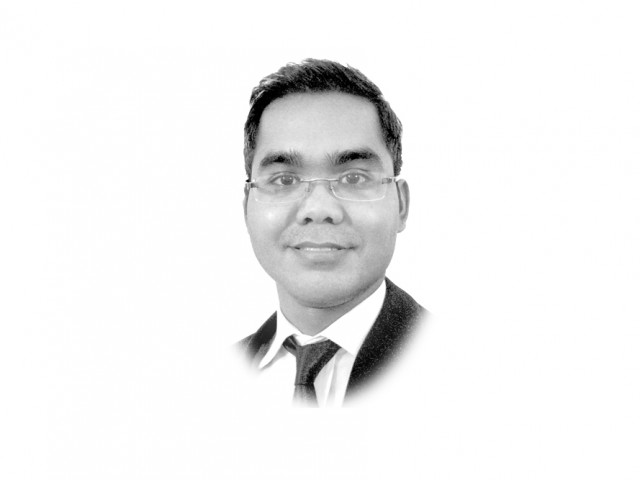Our warring national elite

Our warring national elite
From 1947 till date, Pakistan has been a victim of various factions duelling against each other for power and hegemony over the country. Hence, in its early years, the political-cum-bureaucratic system was toppled by a military-judiciary nexus which felt that the army's interests were not being adequately addressed. And it was this pattern which consequently continued, with the Pakistani state oscillating between democracy and khaki rule.
However, the Charter of Democracy (CoD) agreed and signed by the PPP and the PML-N has often been termed as the political settlement necessary to ensure that the democratic system is not destabilised to such an extent that a military intervention is rendered possible. However, a few ground realities have been overlooked. The CoD is only a 'settlement' between the two national political parties, who may represent a chunk of the population, but certainly not all the stakeholders. As it stands, in the 2008 elections, out of the total number of votes cast, the PPP and the PML-N got votes which represent a mere 10.47 per cent of the country’s total population. There are other members of the political framework, such as the MQM, the MMA, the Jamaat-e-Islami, PML-Q, PPP-Sherpao, which were not taken on board.
More importantly, the military does not seem entirely on board with the present dispensation. The same can be deciphered from the reactions emanating from the GHQ with regard to provisions in the Kerry-Lugar bill and the attempted placing of the ISI under the control of the interior ministry which was perceived at odds with the interests of the military establishment. In addition to the dissatisfaction of army personnel with the civilian lack of interest in the rehabilitation of IDPs, the recent extension of General Kayani's term as COAS, although done purportedly in the interests of stability, may also be thought of as open-ended interference by the civilians in matters of military import. In order to shun these politics of power, it must be realised that the resolution of the disputes does not lie in a member of the national elite snatching the upper hand and maintaining it, but rather in determining how all these stakeholders can be convinced to agree to a set of rules and code of conduct in a bid to strengthen any one system. Either that, or we continue fiddling whilst Rome burns.
Published in The Express Tribune, August 2nd, 2010.















COMMENTS
Comments are moderated and generally will be posted if they are on-topic and not abusive.
For more information, please see our Comments FAQ